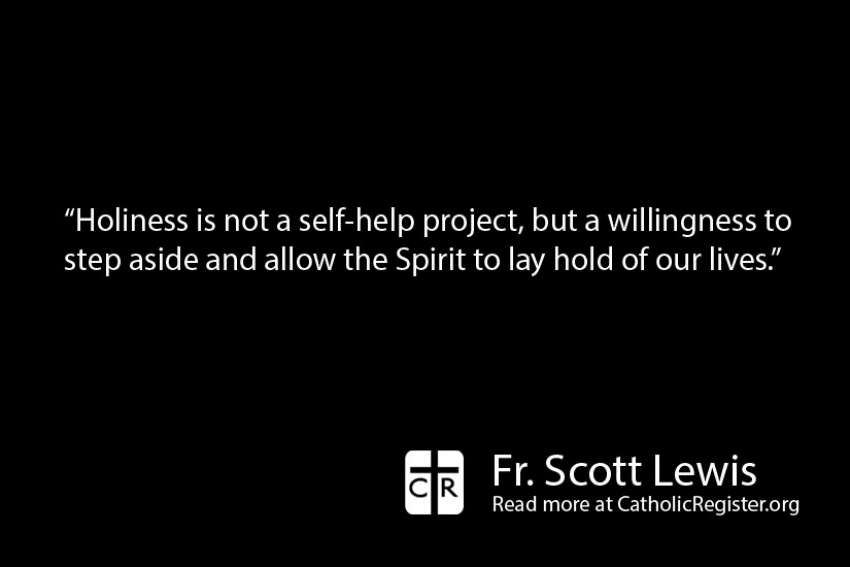The mysterious figure we call Isaiah discovered this in the mid-sixth century B.C., during the Babylonian exile. He was marked out from his mother’s womb to restore Israel, leading her back to God and to the land from which they had been exiled.
Experience can be a powerful and enlightening teacher. Dwelling in a distant land, surrounded by other gods and a very different culture, left a powerful imprint on the minds of the people of Israel. They had been forced to interact with another religion and culture up close and personal, and in that sort of encounter, stereotypes and prejudices often fall away.
The Lord’s prophecy affirmed Isaiah’s status as the restorer and reformer of Israel, but then raised the bar to breathtaking heights. The prophecy went on to rewrite his job description: he and the nation he led were to be a light to the nations and a means of salvation to the ends of the Earth.
The experience during the exile expanded their awareness of God, who was now seen as the God of all nations. God’s plan included all of them. This was the beginning of the universalism we see in the New Testament, especially in the Gospel of Luke and Acts.
The prophet might not have been totally thrilled with this new twist to his mission, but God’s intentions almost always far exceed our own desires and understanding, a lesson we are sometimes slow to learn.
Our own experience also has much to teach us. Multicultural societies, immigrants and refugees, terrorism and religious violence, and perplexing social, political and economic questions have challenged and sometimes confused us.
Perhaps God is prodding us towards a broadening and deepening of mind and heart. The proper response to challenges is not defensiveness, fear and hardening of heart. It is an opportunity to wait patiently for God’s guiding hand, calling us to an even greater mission to the world and humanity.
God’s will is seldom the same as our own. Our opinions and prejudices, especially when they are loveless and fear-based, are not part of God’s vision for the world.
Paul’s greeting to the community in Corinth echoes this call to be in harmony with the will of God. Just as Paul was called to be an apostle of Jesus Christ, so all the believers in His community were called to be saints. They were sanctified not by their own efforts, but by the interior working of the Spirit of Christ.
Holiness is not a self-help project, but a willingness to step aside and allow the Spirit to lay hold of our lives. It’s easier said than done and it can be a scary ride sometimes, but it leads to spiritual awareness, compassion and ultimately to God’s kingdom.
How do we know we are on the right path? The will of God is not illuminated with flashing lights, and even if we are on the right track, we can be beset by doubts.
Are we doing things correctly? The kingdom of God is not defined by performance or success, but by perseverance and fidelity. John the Baptist didn’t have constant feedback during his mission and even the Gospel tells us he wondered if Jesus was truly the expected one. Yet he laboured his entire life on behalf of his mission, even having the grace and humility to step aside and allow Jesus the ascendant role.
John is a good role model for those who labour for faith, compassion, justice, peace and a better world. Rather than be discouraged, just do as John and all stalwart men and women of God have always done: just do it, and don’t stop! It is for God to measure or judge efficiency and results, and God’s criteria are very different from ours.
Our mission is to do cheerfully what God has assigned to us. It is only much later — if at all in this life — that we will see how our efforts fit into the big picture.
That will be part of the illumination we will experience as we pass from this world into the life of the world to come.

